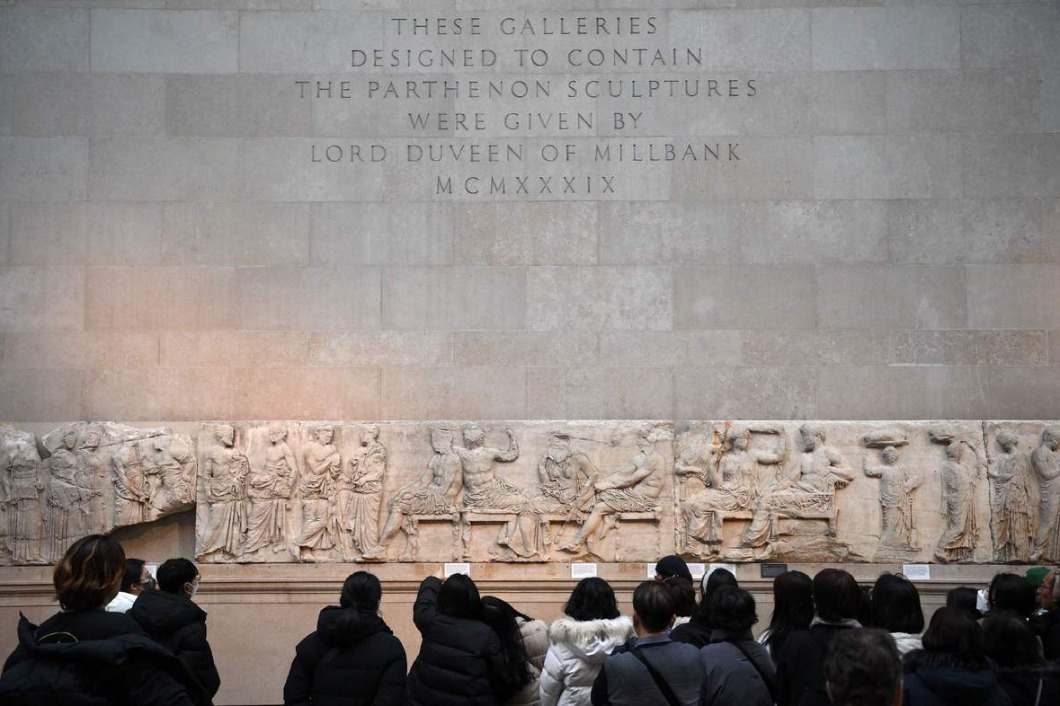Kenya parliament approves finance bill amid protests


Kenya's parliament on Tuesday approved a finance bill and will send it to President William Ruto for assent, as thousands of people marched through the streets of major towns and cities across the country calling for its rejection.
Tension is building across Kenya as young people protest against proposed tax hikes in the bill that seeks to raise an additional $2.7 billion to reduce budget deficit.
On Tuesday, people took to the streets in different cities across the country as the demonstrations entered the second week, calling on the legislators to reject the Finance Bill 2024, which they say will raise the cost of living despite many people already struggling to put food on the table.
Several injuries and deaths were reported during the protests with police allegedly using live bullets to contain the protesters.
The protests were triggered by proposed new taxes on bread, sugar, financial services, vegetable oils and a 2.5 percent motor vehicle tax. This is in addition to an "eco levy" on sanitary towels, diapers, phones, computers, tires and motorcycles.
On June 18, the finance committee announced amendments to the bill to scrap some of the proposed taxes in response to the views of the people and stakeholders during public participation sessions.
However, protesters declined the amendments calling for total rejection of the bill. They could also not bow to the call by Ruto on Sunday that the government would engage them on the way forward.
Ready for a conversation
Ruto had said that he was ready for "a conversation" with thousands of young protesters.
"I want to tell them we are going to engage them," Ruto said in his first public comments on the protests on Sunday.
"We are going to have a conversation so that together we can build a greater nation," Ruto said during a church service in the Rift Valley town of Nyahururu.
Eric Kimori, the director of Griot Consulting Kenya, a consultancy company that offers services in environment and climate change, called on President Ruto to avoid signing the bill into law "for the sake of the country's stability".
Christianus Otieno, one of the protesters in Nairobi, said the current demonstrations stood out because digital activism drove nationwide physical protests.
"Young people have moved off their screens and onto the streets, forcing leaders to listen and even make amendments to the finance bill before it was passed," he said.
Otiato Opali in Nairobi, Kenya, and agencies contributed to this story.
edithmutethya@chinadaily.com.cn

































